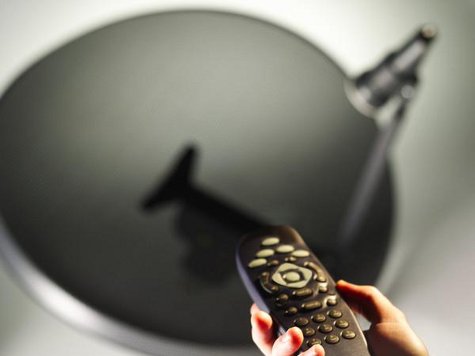Deregulation is the future for video and retransmission of broadcast signals by cable and satellite firms. That is the message from the House Energy and Commerce Committee Communications Subcommittee’s “Future of Video” hearing last Wednesday, led by Rep. Greg Walden (R-Ore.), the second in a series planned by the Subcommittee Chairman.
According to National Journal, both Walden and Energy and Commerce Committee Chairman Rep. Fred Upton (R-Mich.) signaled their view that “must carry” rules currently part of the retransmissions consent regime are looking more and more out-of-date by the day. Rep. Joe Barton (R-Texas) commented during a hearing that while the current Congress has run out of time to address the issue, “I hope in the next Congress, we take this up.”
So do an array of witnesses at the hearing, ranging from Dish Network’s Charlie Ergen who blasted broadcasters as “a government-sponsored monopoly,” to former Federal Communications Commissioner and current National Cable & Telecommunications Association chief Michael Powell, to a representative of Public Knowledge.
Ahead of the hearing, Subcommittee staff wrote in a memo that the 1992 Communications Act “is woefully out of step with the state of competition and technology in video distribution and programming” and that agreements relevant to the retransmission of broadcaster signals “are best left arranged by the respective parties and their viewers, free from regulatory intervention.”
Moreover, the staff memo characterizes the “must-carry” rule and related regulations currently applicable under the 1992 Act in negative terms, saying their effect is to “limit shelf space that might otherwise be available for non-broadcast programming.”
The staff memo also urges an overhaul of retransmission consent rules that currently limit the items over which broadcasters and cable and satellite companies can negotiate when agreeing conditions for the carriage of a broadcaster’s signal, while calling out network non-duplication and syndicated exclusivity rules, albeit more cautiously.
In the next Congress, that could serve as a blueprint for reform of the decades-old regime that has often been criticized as excessively regulatory.

COMMENTS
Please let us know if you're having issues with commenting.